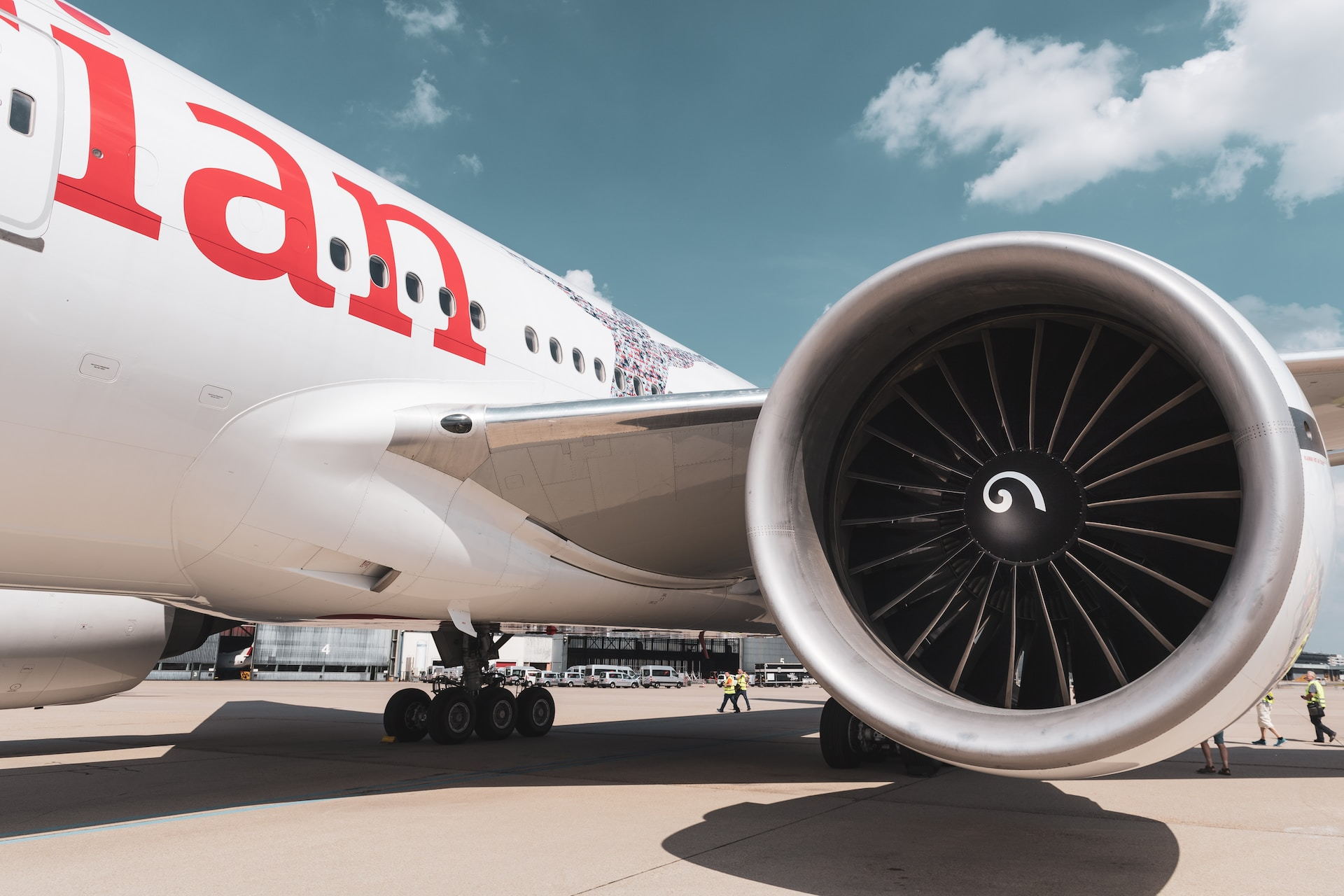GE Aerospace Sells 3,000 GE90 Engines

Photo by Jacek Dylag on Unsplash
The GE90 engine from General Electric powers some of the most well-known long-haul aircraft in the world, including the Boeing 777. The popular engine continues to be reliable and a hallmark of aviation technology.
General Electric recently celebrated the sale of its 3000th GE90 engine, so let’s take a look at the history of this important piece of hardware.
Getting to 3000 Engines
The early-1990s saw the debut of the GE90 engine, which immediately became known for its power and dependability. It was a perfect fit for Boeing's 777 series, which quickly established itself as a mainstay of long-haul travel.
The GE90 outperformed rival engines and gradually gained more and more popularity over time. Airlines from all over the world praised its superior performance, financial viability, and minimal environmental impact.
Aircraft that Use the Engine
The 777-200, 777-200ER, 777-200LR, 777-300, 777-300ER, and the ultra-long-range 777-200LR have all been powered by the GE90 engine. Because of its adaptability to various aircraft designs and versatility, it is a popular option for long-distance airlines.
The GE90's ability to deliver great thrust while preserving fuel efficiency is one of the main reasons for its success. With a maximum thrust of 115,000 pounds, the GE90-115B version stands out as the most potent engine in the series. The GE990 has been critical to allowing airlines to connect distant locations nonstop – a boon for international flights.
Data Is King
The GE90 not only has a proven track record, but it also has cutting-edge health monitoring systems that gather data while in flight. Airlines can preventatively address any possible hazards thanks to this data-driven approach to maintenance, which lowers downtime and improves overall safety.
The Move Towards SAF
The GE90 engine has contributed by dramatically decreasing emissions and fuel consumption as the aviation industry places an increasing emphasis on environmental sustainability. It is an environmentally friendly vehicle thanks to its high-bypass ratio design, sophisticated aerodynamics, and combustion technology.
The environmental impact of the engine, compared to others, ensures it will continue to see usage as the industry moves towards Sustainable Aviation Fuel (SAF).
-

Delta Air Lines 04/23/2024
-

United Parcel Service 04/23/2024
-

Hawaiian Airlines 04/22/2024
-

United Airlines 04/22/2024
-

JetBlue Airways 04/19/2024
 AIRLINE PILOT CENTRAL
AIRLINE PILOT CENTRAL